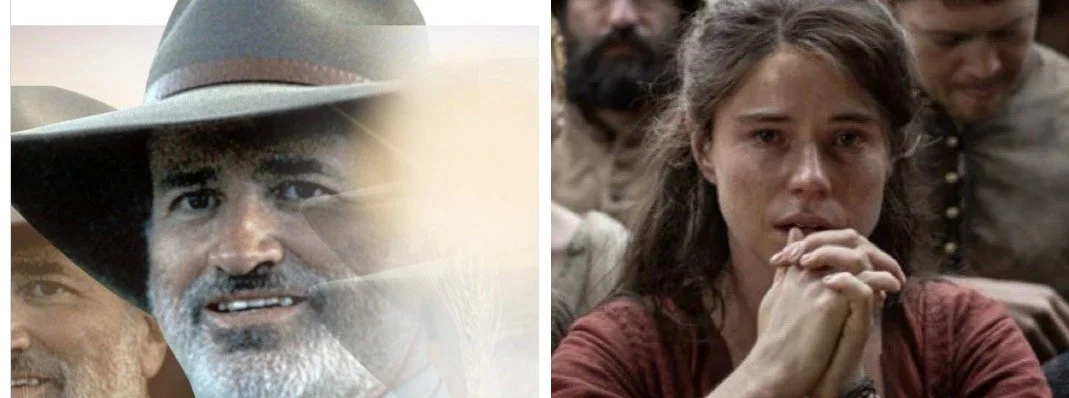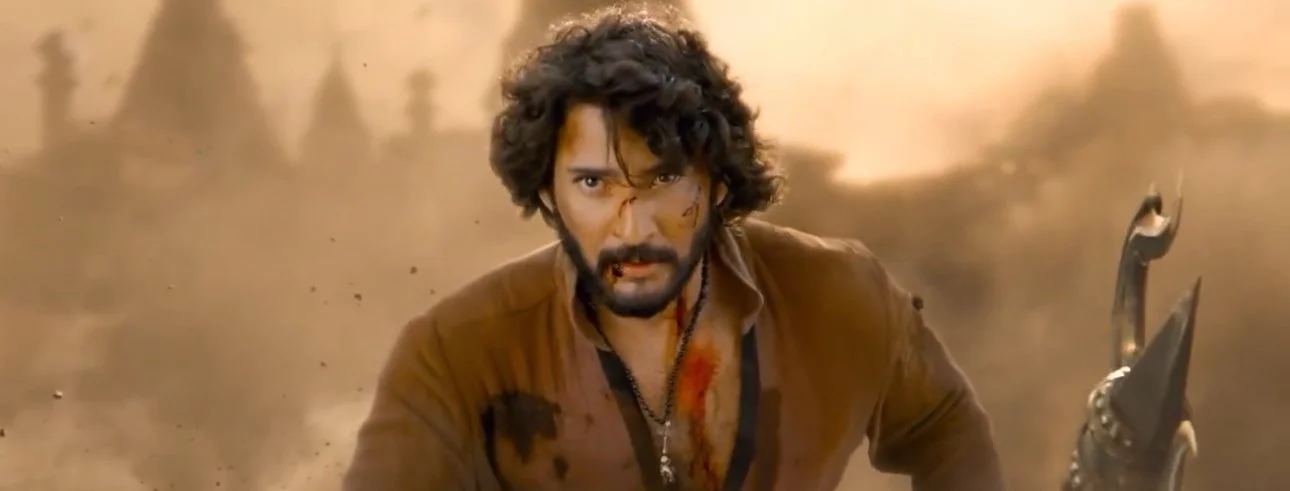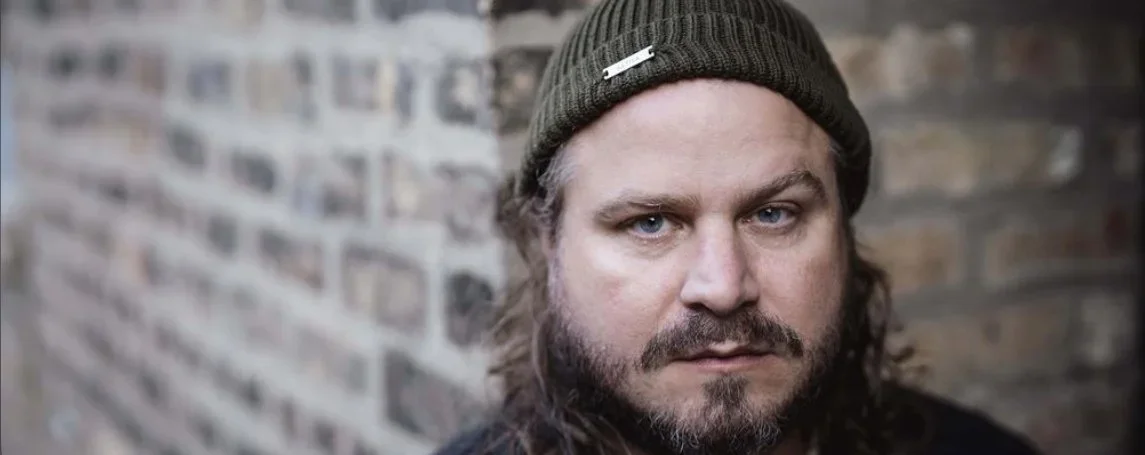Earlier this week, Denis Villeneuve made headlines when, in an interview with The Times of London, he stated, “Frankly, I hate dialogue. Dialogue is for television and theatre.”
Naturally, this caused a stir — with plenty of social media users mocking Villeneuve’s comments. And, of course, we all knew that the Quebecois filmmaker would eventually backtrack what he said.
Speaking to Sharp Magazine, Villeneuve reflects on his controversial comments and acknowledges the need for dialogue in cinema. However, he makes it clear that visuals will always be prioritized in his own work.
It’s true that I said that […] I said that laughing. So [when] I said it, I put a lot of emphasis on “I hate dialogue.” I don’t hate dialogue. I am not inspired by scenes that are overwritten with dialogue — that’s the truth — and I’m talking about my own work.
Of course, a lot of directors are brilliant dialogists, and there’s a lot of strong movies that are filled with great dialogue. But if I think about my own work, it’s [ideal] for me as a filmmaker to try to avoid the use of dialogue as much as possible. I think dialogue is the tool of expression for theatre, and then it became, for other reasons, one for television.
I will say: in a perfect world, you should use dialogue only when there are no other resources […] It should be the last resort — that’s what I’m saying. When I say “I hate dialogue,” it’s not true. I don’t. But it’s true that I feel, myself as a film director, uninspired when I read 500 pages of dialogue. For me, it’s boring.
So, it’s quite clear, Villeneuve won’t be directing a David Mamet or Aaron Sorkin screenplay anytime soon.
I get it. Filmmaking is a visual medium that can drive it all home, both emotionally and viscerally, purely on images and editing alone. However, dialogue is still an important part of cinema and should be seen as an extra tool in a director’s arsenal.
I tend to prefer films that are highly audiovisual over dialogue-driven films, which tend to be less cinematic and more stagey. Cinema was born on images. It’s in its DNA. For the first 30 or so years of its existence, there was no dialogue in cinema, it was all powered by the visuals, and was rendered more effective via editing and effects. Of course, silent films no longer get released — there isn’t an audience for them anymore. But movies are still imagery first, and words second.
You know who else had similar thoughts to Villeneuve? Stanley Kubrick. Of course, he was much more eloquent, and precise, in the way he described his love for imagery over words:
When you think of the greatest moments of film, I think you are almost always involved with images rather than scenes, and certainly never dialogue. The thing a film does best is to use pictures with music and I think these are the moments you remember.
From the magazine "Sight & Sound", Spring 1972
Nothing surpasses the power and impact of images coupled with music. Kubrick was a master at doing that. There’s an innumerable amount of examples to cite in his filmography.




